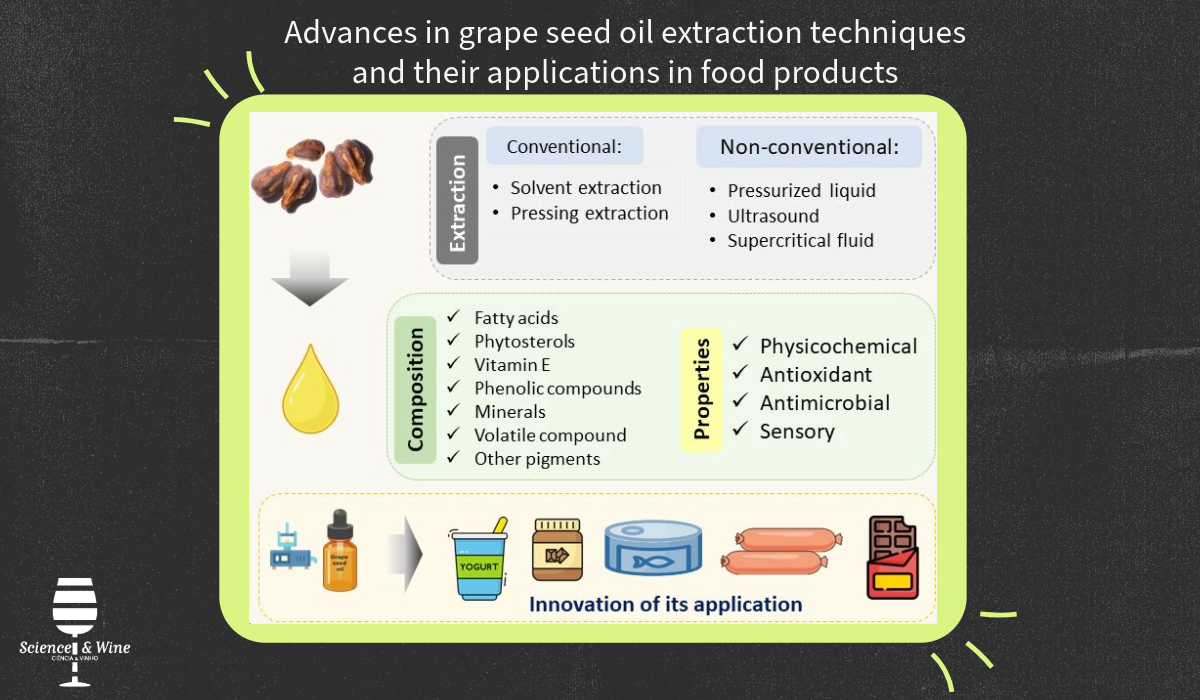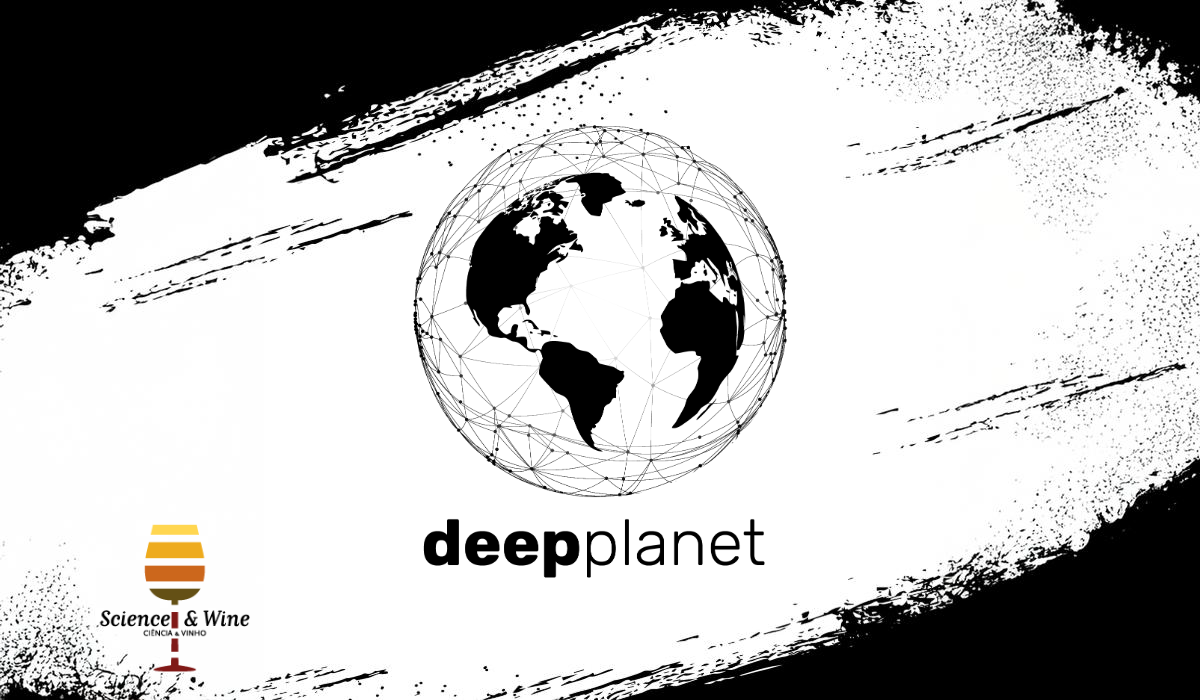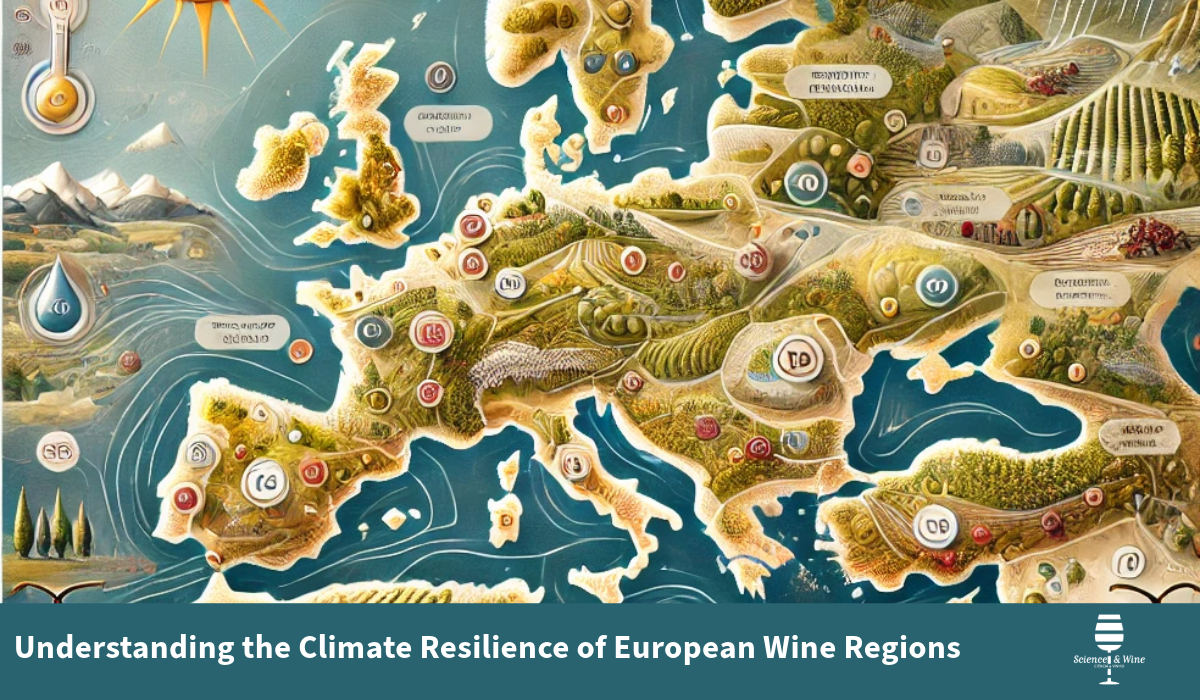At the upcoming 4th Science & Wine World Congress, Professor Ettore Capri will share his insights on sustainability and digital innovation in the wine and olive oil industries. As a renowned expert in agricultural chemistry and director of OPERA, Capri has led numerous international projects focused on risk assessment, environmental protection, and sustainable food systems.
A recent study co-authored by Capri explores how blockchain technology could help the wine industry monitor and certify sustainability practices. The research highlights blockchain’s potential to improve transparency, traceability, and efficiency across the supply chain. However, it also outlines key barriers to adoption, including limited knowledge, technical skills, high implementation costs, and challenges in integrating blockchain with existing systems and capturing qualitative sustainability values.
Despite these hurdles, Capri remains optimistic about the role of blockchain in building more sustainable and accountable food systems, especially with the support of coordinated efforts across the industry. His keynote will offer timely reflections on how scientific research and digital tools can support the green transition in agriculture.










